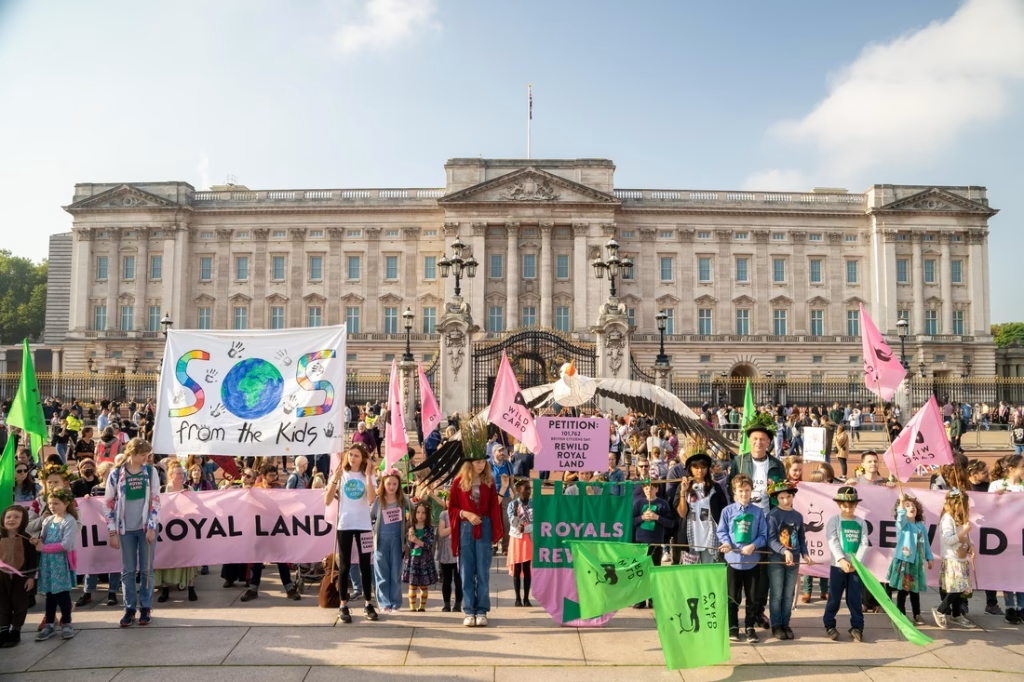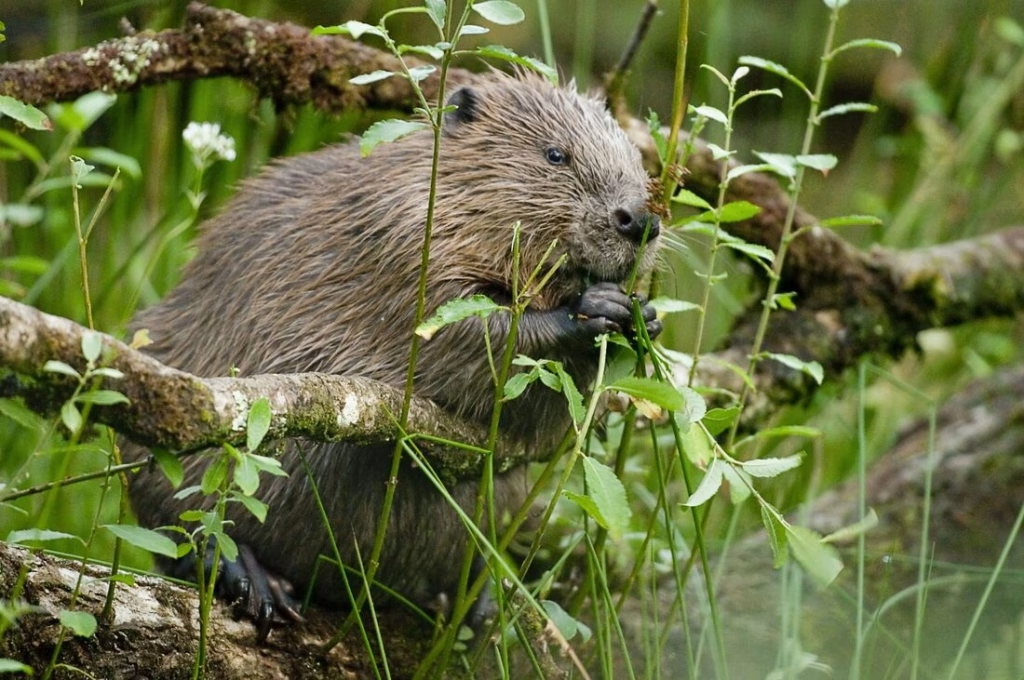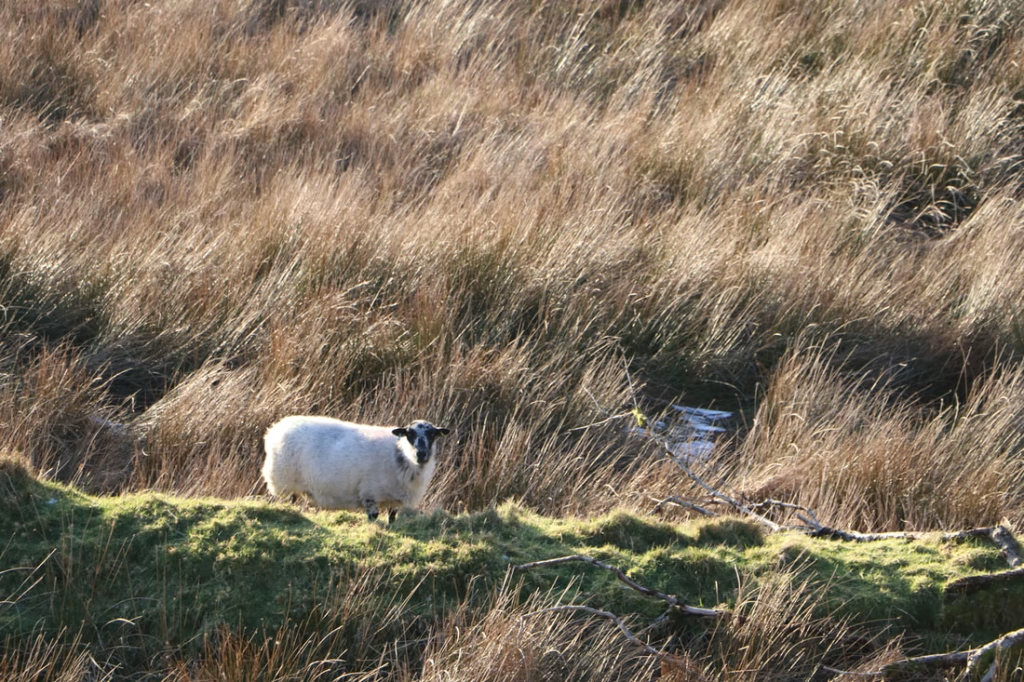The Crown Estate
Following our 100,000 signature petition, the Crown Estate has made its first tentative steps towards rewilding! But, as the nature crisis worsens, there is still a long, long way to go…
Whilst the role of Big Energy is now well understood in the climate and nature crisis, the role of Big Landowners still is not – but their role in averting a planetary catastrophe is just as crucial. One of the most important of the UK’s top 10 biggest landowners is an ancient and extraordinarily wealthy institution called The Crown Estate. The Crown Estate is legally speaking owned by the reigning monarch, but is ultimately a public body making it, at least in principle, answerable to the public. The Estate includes half the UK coastline, 200,000 acres of land (which is half the size of Greater London in Wales and England), and is worth £14 billion. Profits from the estate are split between the Royal Family in an annual payment known as The Sovereign Grant and the Treasury where the value is fed back into general public expenditure. In 2022/23, the Sovereign Grant, was a whopping £83.6 million, but with the other costs of the Queen’s passing, the coronation and works on Buckingham Palace, spending went up to £107.5 million, and is due to rise to £125 million in 2025!

Since 2021 we at Wild Card have been campaigning to “Rewild the Royals”, previously presenting a 100k+ petition with Chris Packham to the Queen at Buckingham Palace in October 2021. Following this, Wild Card and Chris Packham had a very positive meeting with The Crown Estate followed by a number of genuinely exciting meetings with members of the Estate’s sustainability team in which the Estates agreed to meet with the rewilding and climate experts we suggested to them.
Unfortunately since then our attempts to meet with them again, as was agreed, have been unsuccessful. We did however receive an email from them, detailing everything they’ve been up to in their annual report. We decided to wade through this rather large document and double-check that they’re doing what they claim to be doing!
And… in short: there are small reasons for Wild Card to celebrate! But there is also a massively long way to go.
Here’s our analysis of the main points:
Where The Crown Estate is Showing Progress

Reintroductions
In a very exciting win for rewilding, The Crown Estate have announced that they will be releasing beavers in the Nene Wetlands in the winter of 2024/25.
Wild Card’s Take: This is a clear win for the Rewild the Royals campaign and the 100,000 people who supported it. Beavers are vital keystone species. Now the Estate needs to completely turbocharge this and work on getting hundreds of beavers releases and doing more ambitious species reintroductions such as pine marten, lynx, bison, cranes and eagles. We propose that the Crown Estate created a new post for an Executive Director of Rewilding and Species Reintroductions.
Energy
The Crown Estate set a target to reduce emissions, and have decreased across all their holdings by 2.5%, obtaining 98% of their energy (where they had control over the source) from renewables. They also have moved into the operational phase of their offshore windfarm, generating 11.8 GW in 2021/22.
Wild Card’s take: The Crown Estate are genuinely doing really great things for clean energy – particularly wind power – and as owners of much of the UK’s seabed, are making ever increasing profits from the green revolution. But their progress here throws into sharp relief their seeming blindness on the importance of land, the role of natural climate solutions like rewilding and the seriousness of the ecological crisis. By almost exclusively focusing their environmental efforts on energy and carbon emissions, they ignore the joined up nature of the climate and ecological crisis: something that can only be solved with large scale rewilding.
Net Zero
With the current trajectory of emissions, we are likely to hit the 1.5 degree barrier in 2034, with a 66% chance of hitting it in 2027. The Crown Estate is aiming for net zero across the business by 2050.
Wild Card’s Take: Net Zero by 2050 simply is not good enough, or fast enough. If we are going to reach Net Zero across the economy, landowners need to be carbon sinks not just carbon neutral. The Crown Estate should be working towards being a carbon sink by 2030 and aiming for much more than just balancing emissions.
Marine
The Crown Estate have purchased 21 eco-moorings to restore and protect Studland Bay’s seagrass and seahorse population (and enhance carbon sequestration).
Wild Card’s take: This is laudable, but, excuse the pun, a drop in the ocean. The Estate urgently needs to commit to an area based target Marine restoration ideally aiming for at least 50% of its seabed to be protected for nature and free from commercial fishing.
Rural – Natural Regeneration
At Windsor, The Crown Estate have a favourable status for all their SSSIs, and have committed to a ten year restoration plan, including planting shrubs and trees, creating new ponds and wetlands, managing invasive species and dead wood habitats, along with sustainable soil management.
Wild Card’s take: Nowhere in their annual report is natural regeneration mentioned, it is all tree-planting and creating wetlands (presumably with a digger). In the 156 page report the word “tree” in fact is mentioned only 4 times. By relying only on human intervention, it perpetuates the notion that nature needs our help to recover. Tree and hedgerow planting are great to get things moving, but The Crown Estate also needs to be able to step back, fence off areas and allow nature to do its thing.

Rural – Farming
The Crown Estate is establishing an environmental ‘Farm Business Tenancy’, to pivot nearly one third of land to regenerative farming techniques in next 5 years, and deliver ‘at scale habitat enhancement and restoration’.
Wild Card’s take: This is fantastic, but it’s not clear where the funding, support and advice is coming from. Moreover, “Regenerative farming” is notoriously undefined and as such has no necessary correlation with improved results for nature. What is urgently needed for nature is a land sparing approach in which large areas of land are fully relinquished from all extractive industry including farmings.
Rewilding – Area Based Targets
There is no mention of an area based target for rewilding and nature restoration as a percentage of the Crown Estate’s holdings.
Wild Card’s take: The UK has committed to protecting 30% of its land and sea by 2030 but according to figures by the House of Lords, is currently only protecting 6.5%! To meet this huge and ambitious target, large landowners like The Crown Estate must pledge at least 30% and ideally 50% of their land and seabed to rewilding.
In their own words;
“Tackling the nature and climate crises goes hand in hand and demands joined-up, rapid action to protect our natural environment and deliver long-term benefits. […] Leading in stewarding the UK’s natural environment and nature is at the heart of our purpose and strategy. Our distinct portfolio – covering the seabed, urban and rural assets – provides a unique opportunity to promote nature recovery.”
Summary
The contrast between The Crown Estate and The Duchies is stark – where the land is being managed at least nominally for public good, we see real desire to implement policies and practices for change. Though these may fall short, these far outweigh what we see elsewhere in the royal landholdings. There’s poisoning and shooting of rare birds of prey at Sandringham, silence from the Duchy of Lancaster and insultingly small potatoes from the Duchy of Cornwall.
We applaud and support The Crown Estate for their efforts so far, but the behemoth of The Crown Estate still needs to be far more ambitious in its targets to be able to respond to the growing climate and biodiversity crisis, and stop ecocide. As an archaic institution with many layers of bureaucracy, the systems that are in place are not fit for purpose and clearly need to be completely overhauled to be able to respond efficiently to the biodiversity and climate crises.
Our blog posts are written by our core team and guest bloggers. If you have an idea for a blog post please pitch it to us: info@wildcard.land
CAMPAIGNS
ARCHIVES
- March 2026
- February 2026
- December 2025
- November 2025
- October 2025
- September 2025
- August 2025
- July 2025
- June 2025
- May 2025
- April 2025
- March 2025
- February 2025
- December 2024
- November 2024
- October 2024
- September 2024
- August 2024
- July 2024
- June 2024
- March 2024
- February 2024
- January 2024
- December 2023
- November 2023
- August 2023
- July 2023
- May 2023
- February 2023
- January 2023
